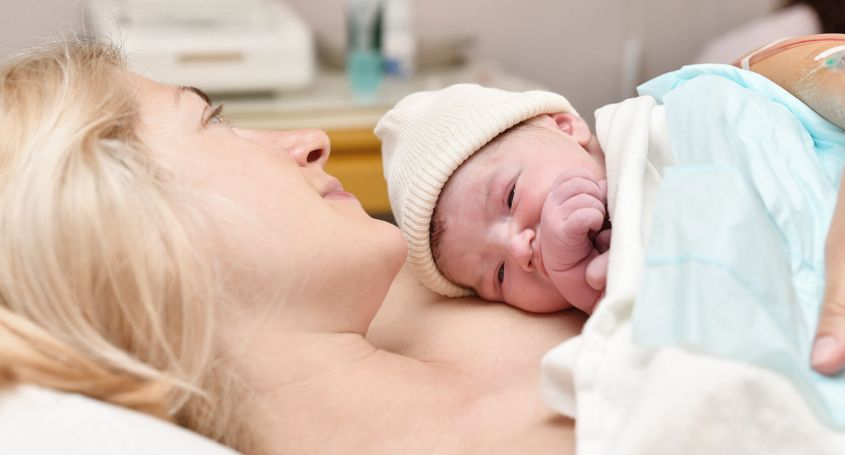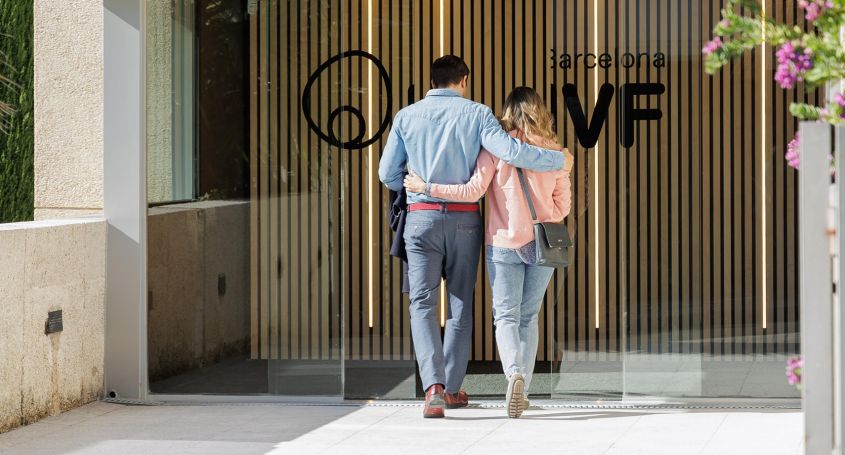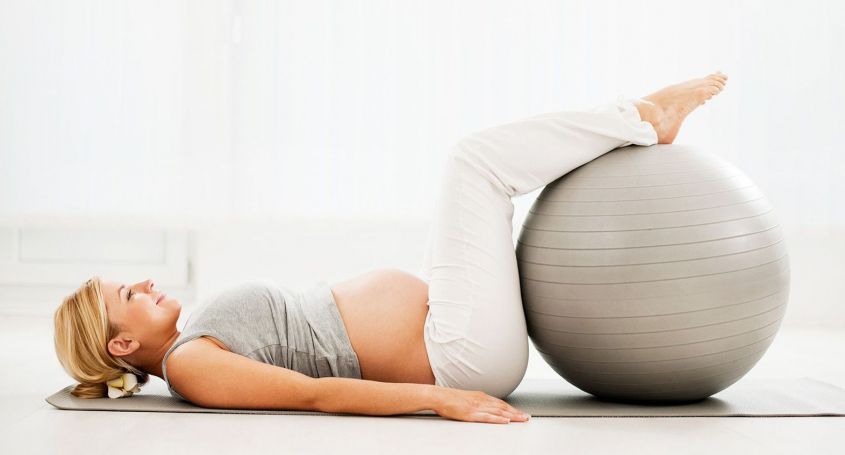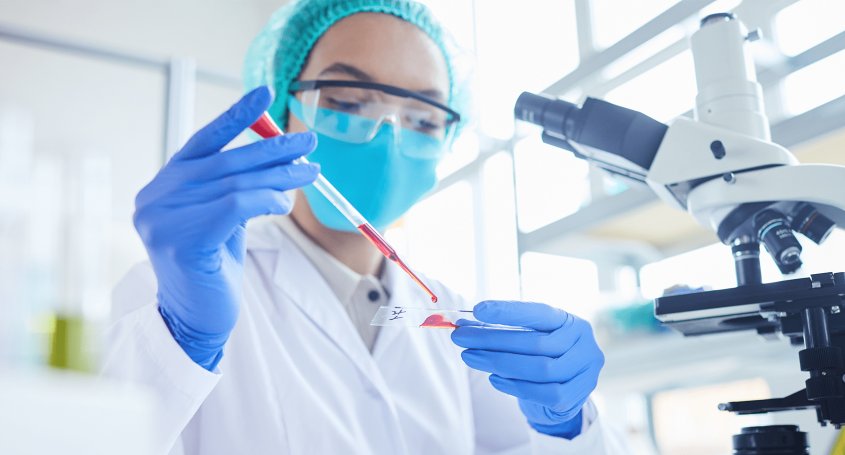We know that you will be busier than ever after delivery, but hygiene right after giving birth is important for you to achieve a full recovery.
Why is this a time when hygiene is essential?
After delivery, a woman's genitalia are tender, especially if an episiotomy has been performed and there are stitches in between. Ensuring cleanliness will speed recovery and you will soon be able to lead a more normal life.
What do I have to do after delivery?
These are some gynecological guidelines and advice that you have to follow during quarantine:
During the first week, use mild local disinfectants, dissolved in water (you simply have to rinse the genital area). If you do it in the bidet, make sure it is clean and not stagnant water from a previous wash, with other soaps.
When it comes to drying, do it with a soft towel, pressing gently instead of rubbing. Try to avoid using cellulose wipes, as they could cause irritation, or hydrophilic cotton, since it could stick.
After the first week (the hardest one) you can start washing normally, with intimate soap as natural as possible, avoiding perfumes.
Lochia (vaginal leaks that accompany you for 20 or 30 days after delivery) can lead you to wash more often. Don't get obsessed, or over-wash. If you decide to carry a compress, remember to change it frequently, to avoid stagnation of the blood causing bacterial growth and possible infection.
The usual tips are: wash starting with the vulva and backwards, without carrying microbes from the rectum to the vagina. Wear cotton underwear that is as breathable as possible.
If you have any questions, always consult your gynecologist, he or she will know what to do. Cheer up!



















